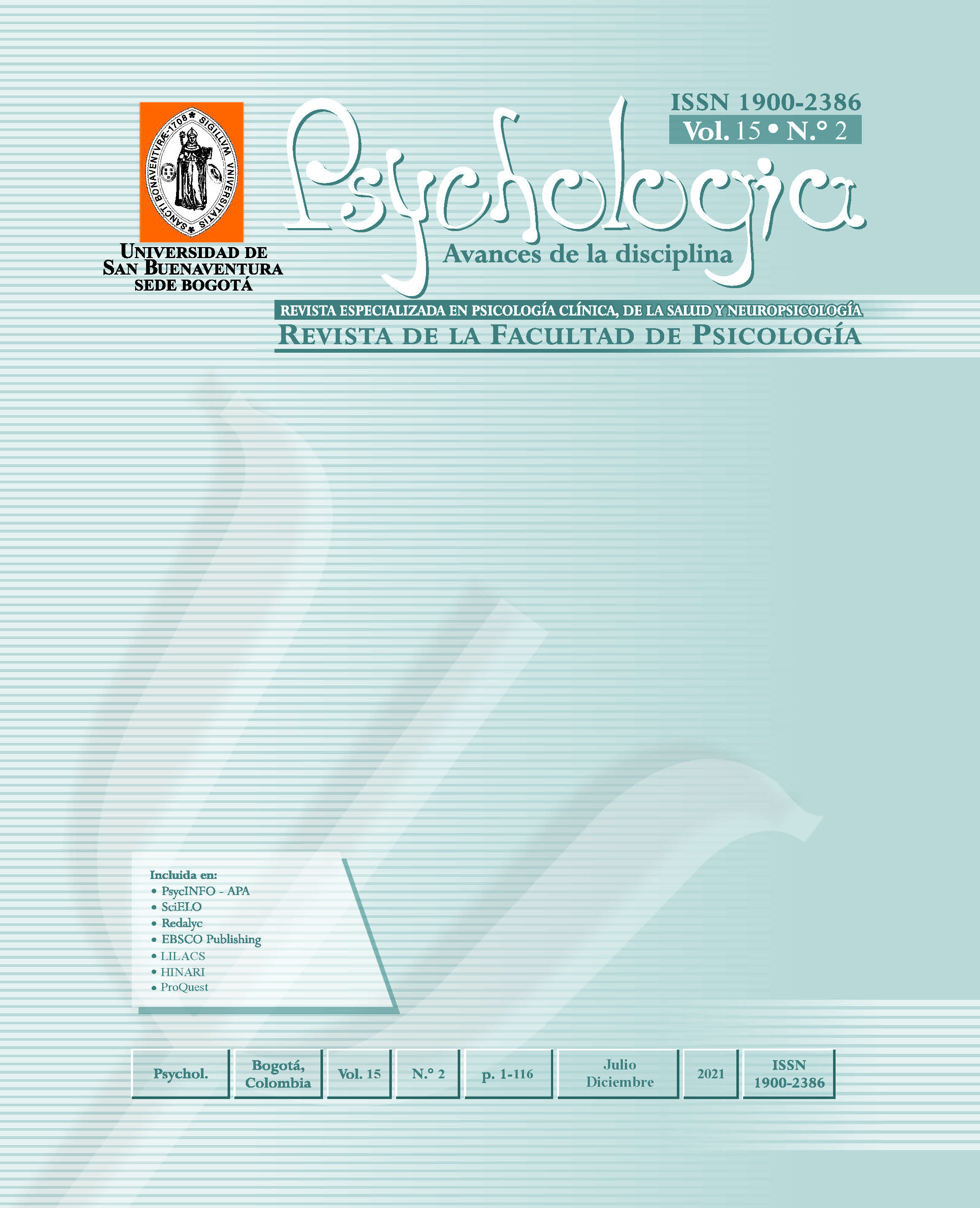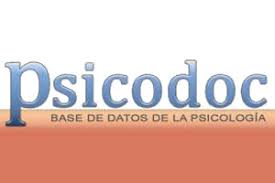This journal provides open, immediate access to its contents, based on the principle that offering the public free access to research helps to promote a higher global exchange of knowledge.
As such, all journal articles are published under a Creative Commons Attribution-NonCommercial-ShareAlike 4.0 International License (CC BY-NC-SA), by which commercial use of the original work or its possible derived works is not allowed, and the distribution thereof must be done with the same license elements regulating the original work.
http://creativecommons.org/licenses/by-nc-sa/4.0/
Abstract
Parents' attributions, beliefs, and expectations influence their interaction with their children. This study compares the attributions, beliefs and expectations of adolescent and adult mothers about their own children, all children and themselves as mothers. It also analyzes the interaction with the sex of the child, origin, marital status, educational and socioeconomic level of the mothers. The Questionnaire of Parents’ Cognitive Factors was administered to 200 biological mothers, 100 adolescents with an average age of 19.7 years old and 100 adults with an average age of 37.1, all of them from low and medium socioeconomic levels and different regions of Colombia. The T-Test showed biased attributions and distorted beliefs about own children and all children, as well as low-control and low-self-efficacy in adolescent mothers. Adult mothers present unrealistic expectations about their own children and all children and distorted attributions regarding themselves as mothers. The Bifactorial Analysis of Variance confirms that marital status interacts significantly with mothers' expectations about all children and with attributions about themselves as mothers. The effect size indicated that the age and provenance of mothers have a moderate effect on beliefs regarding their own children and on attributions and beliefs about all children. Psychological interventions that modify the attributions, beliefs and expectations of adolescent and adult mothers will allow healthy mother-child relationships.





















